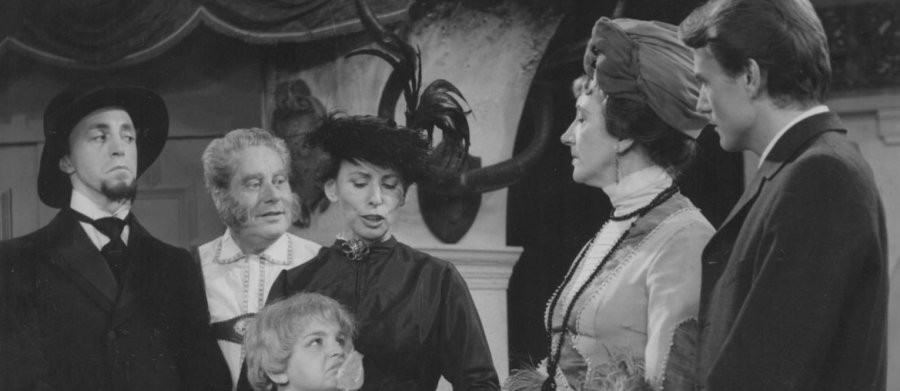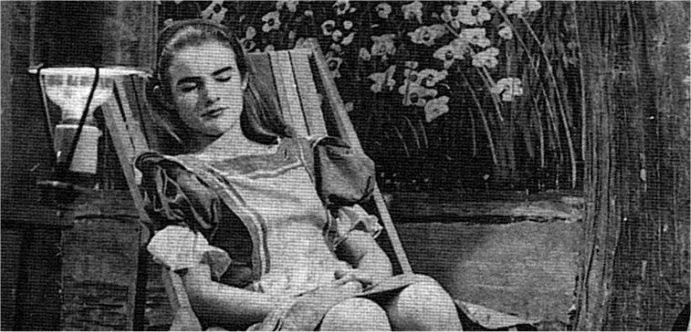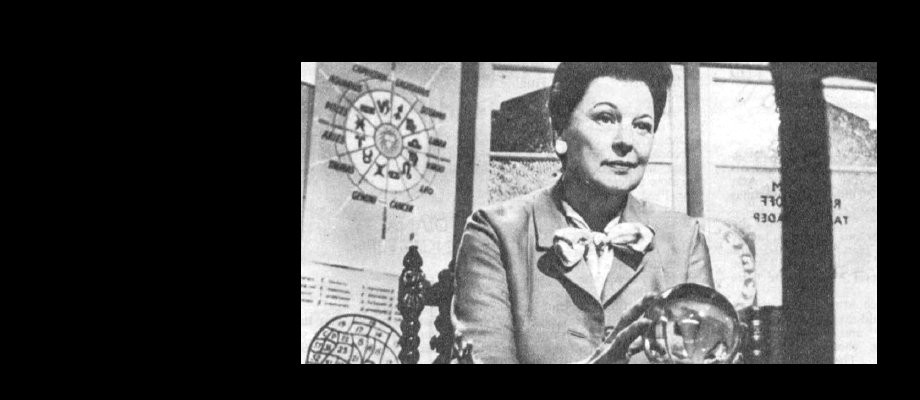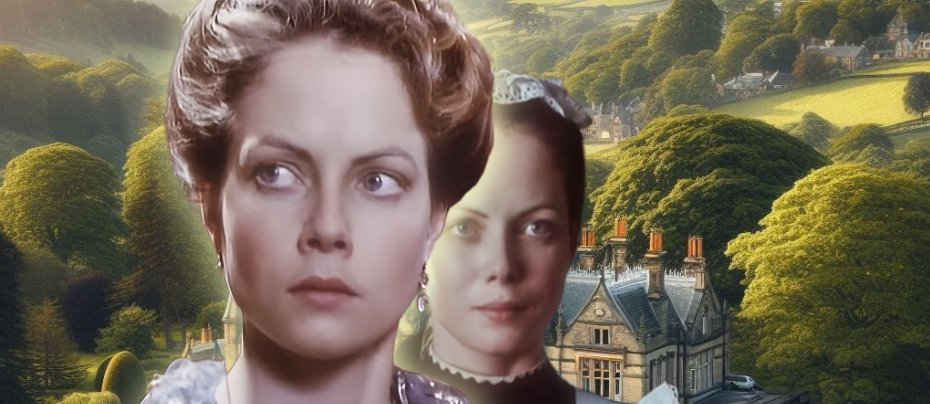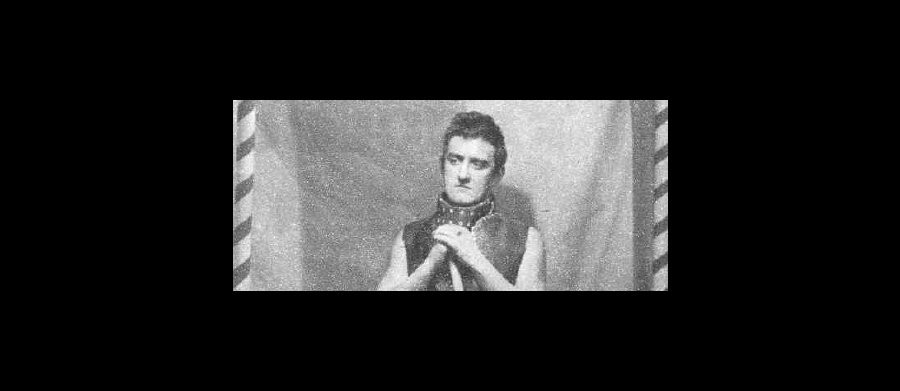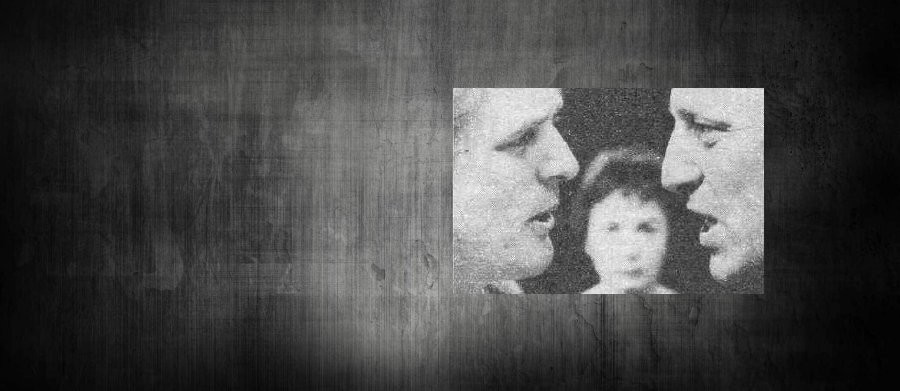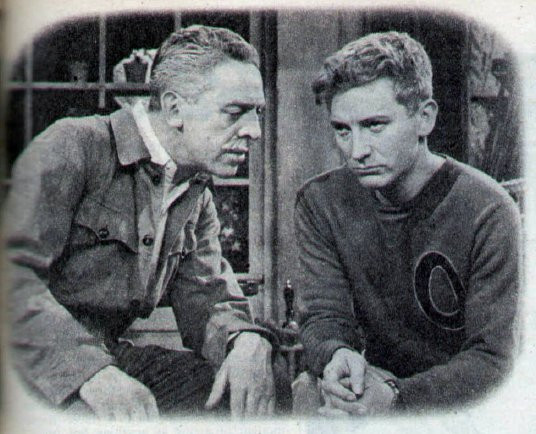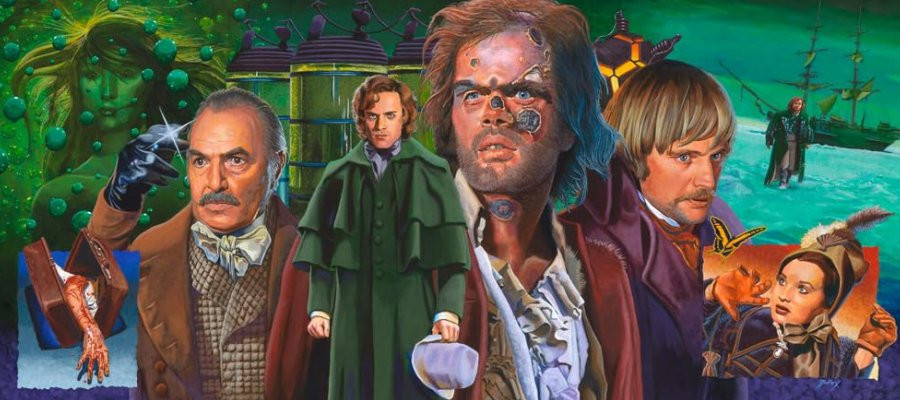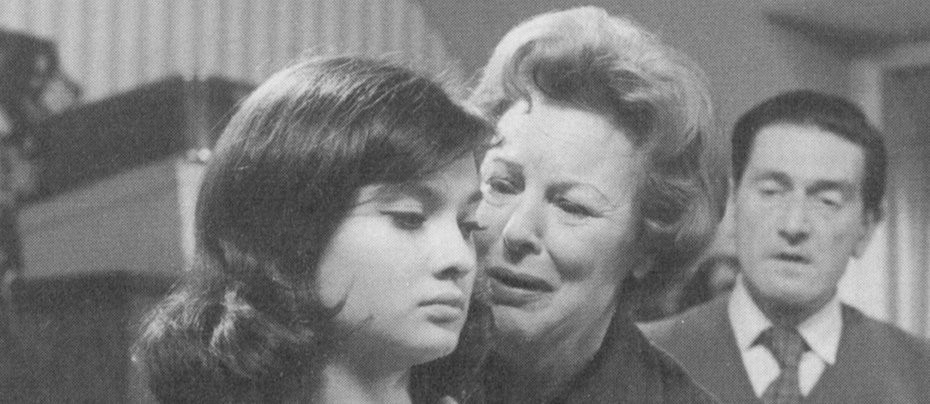
The Girl in the Picture
1964 - United KingdomIs a beauty queen's life all glamour? That is the question Barbara Artingstall asks herself when her ambitious mother enters her in a Personality Girl contest while they are on holiday at Blackpool. Danny, a photographer who is grooming Barbara for the competition, is caught in the clash between mother and daughter. - TV Times December 1964
"Singularly Lovely" was the description Allan Prior gave to the girl in the script of the second in his trilogy of plays for ITV in 1964. The three plays were set on Blackpool's 'Golden Mile'. The first was They Throw It At You, a love story, and the third was I've Got a System, which was set in a boarding house. The Girl in the Picture was centred round a beauty contest, hence the requirement for the "singularly lovely" girl. And she was found in the form of 19-year-old, 5ft. 2in. Nicola Pagett, only three months out of RADA and with just two months of acting experience performing in repertory at Worthing, Sussex.
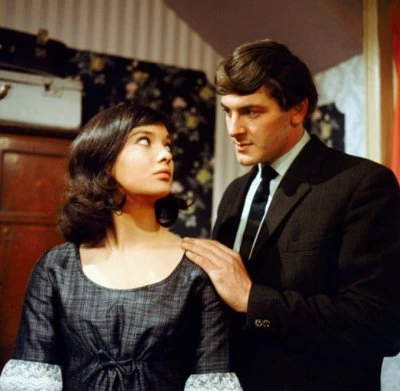
Now, in her first TV part, she had the leading role - a girl from Oldham who goes to Blackpool on holiday with her parents and is subjected to a campaign by her mother and a flashy photographer to enter a beauty contest (the Northern Personality Girl of the Year) purely for their own, and not her benefit. Also making his leading-role debut was Peter Purves, future Doctor Who companion and Blue Peter presenter. Purves had spent several years in rep and had previously been seen in two small television parts. He had gone for a standard interview with casting director Dodo Watts, which, much to his surprise, resulted in auditioning for the leading part of Danny, the photographer.

To give the line-up of beauty queen hopefuls, together with their scheming mums, some authenticity, a large number of local extras were employed as well as the current Miss TV Times, Valerie Martin. According to the play's producer, Leonard White, before shooting the beauty contest footage at the Winter Gardens in Blackpool, "fact took over from fiction when the line-up on camera became a realistic competition." He described the atmosphere as fierce and tense and noted that, "If Prior had written the real stuff into the play, in those days we would never have got away with it."
Attempts at shooting the outdoor scenes in Blackpool became a problem for the production team as they had unwisely chosen to do their filming on Blackpool's pier and promenade during the summer! In order to get their footage 'in the can' they had to employ a little bit of subterfuge. Setting up an entire fake camera crew with the play's designer, Voytek, posing as a director working with fake actors who were "making as much of an exhibition of themselves as possible to attract crowds", their diversion paid dividends as the real director, Alvin Rakoff, got the footage he required on another part of the pier without being noticed.

The Girl in the Picture, which went out under the Armchair Theatre series of plays, on Sunday 29 November 1964 at 10.05pm, picked up 2 million more viewers than the previous week's play and was the 8th most watched programme for that week. Ruth Dunning, the Welsh actress who had previously starred in the BBC’s first soap opera for adults, The Grove Family, played Barbara's mother, Dora Artingstall, whilst Richard Butler, a prolific character actor whose credits included The Avengers, The Singing Detective, Four Weddings and a Funeral and North Square (spanning six decades) played her long-suffering husband, George. Pagett, who went on to become one of the UK's most beloved actresses appeared in Upstairs, Downstairs, Wicked Women, Anna Karenina and A Bit of a Do. Sadly, her career was overshadowed by a long period of mental illness, which she wrote about in a book, Diamonds Behind My Eyes, published in 1997. She died of a brain tumour aged 75. The Guardian newspaper described her as "a glacial, beautiful presence in plays from Shaw to Pinter."
Seen this show? How do you rate it?
Seen this show? How do you rate it?
Published on June 9th, 2023. Written by Marc Saul for Television Heaven.


